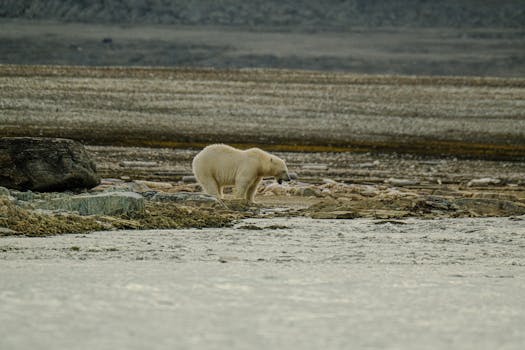
Introduction

The impact of climate change on global ecosystems is a pressing issue that affects biodiversity, climate patterns, and the health of our planet. As temperatures rise and weather patterns shift, ecosystems around the world are facing unprecedented challenges.
Effects on Biodiversity

One of the most significant impacts of climate change is on biodiversity. Many species are struggling to adapt to the changing conditions, leading to shifts in population dynamics. For instance, polar bears are facing habitat loss due to melting ice caps, while coral reefs are experiencing bleaching due to warmer ocean temperatures.
Altered Habitats

Climate change is altering habitats across the globe. Forests, wetlands, and grasslands are all experiencing changes that affect their ability to support wildlife. In some regions, increased temperatures and altered precipitation patterns are leading to desertification, reducing the land’s ability to sustain life.
Impact on Food Chains

The delicate balance of food chains is also being disrupted. As primary producers like plants and phytoplankton respond to climate change, the entire food web is affected. For example, shifts in the distribution of fish species can have cascading effects on marine ecosystems, impacting everything from predators to human fishing practices.
Conclusion

The impact of climate change on global ecosystems is profound and multifaceted. Addressing these challenges requires urgent action to mitigate climate change and adapt our conservation strategies. Understanding the interconnectedness of species and ecosystems is crucial for preserving the biodiversity that sustains our planet.



